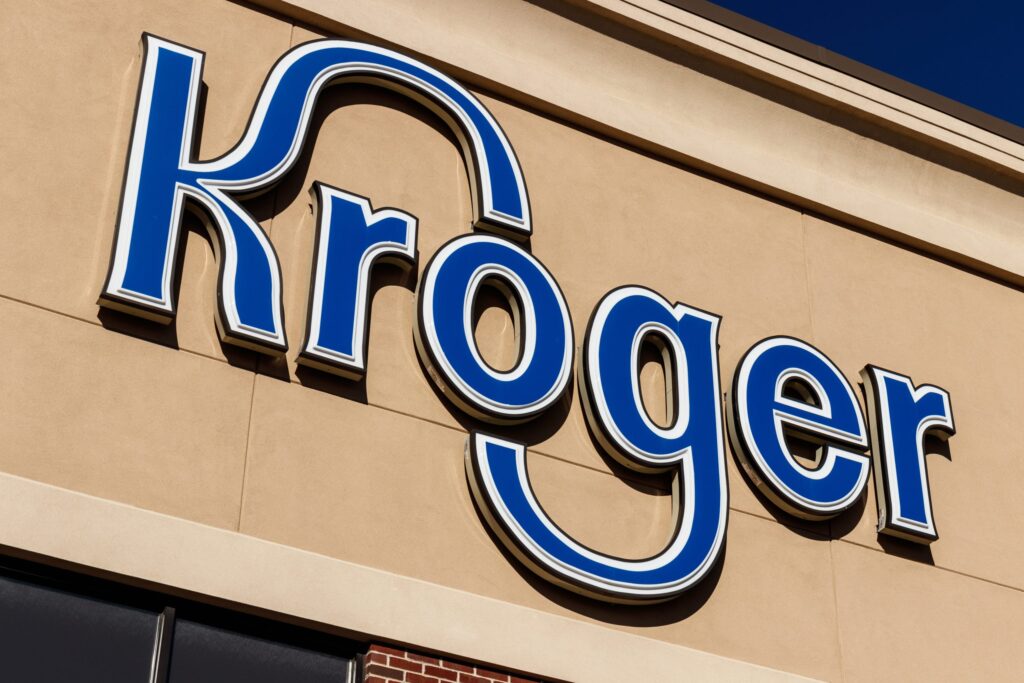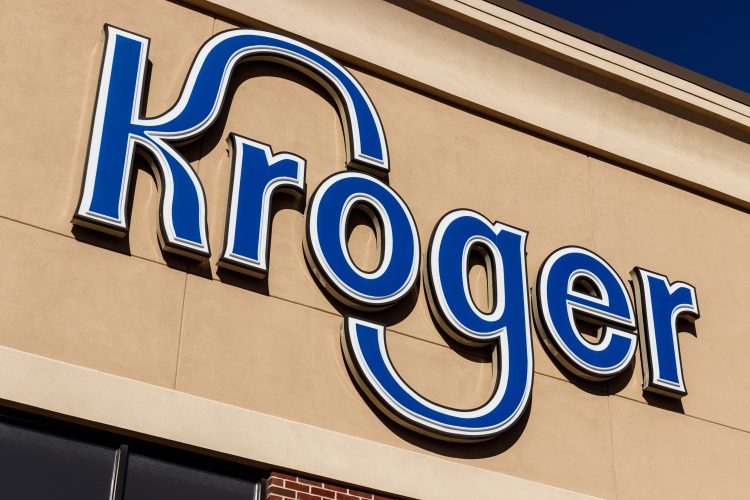Kroger shares fresh biodiversity goals for produce suppliers

Kroger has announced a new goal to advance sustainability in its fresh produce supply chain. Find out more here…

American retail company Kroger has shared a new goal to advance sustainability in its fresh produce supply chain, reportedly created with the aim of further protecting pollinators and biodiversity.
As part of the mission, Kroger will require all of its fresh produce suppliers to use Integrated Pest Management practices for all products supplied to Kroger by 2028 or 2030, based on the grower’s size. Meanwhile, medium- to large-sized growers will be expected to meet the goal by the end of 2028, and small-sized growers by 2030.
Commenting on the updated approach, Lisa Zwack, Head of Sustainability at Kroger said: “We depend on a healthy and resilient agriculture supply chain to keep bringing fresh, affordable food to more of America.
“This new goal reflects Kroger’s evolving approach to sustainability and resource conservation, including setting clear expectations with growers to support the transition to more sustainable fresh food production.”
The US-based retail company has claimed that protecting biodiversity is an “important part” of its community impact strategy called “Thriving Together” and says that through encouraging growers to use less pesticides, it believes it is taking “meaningful steps to improve pollinator health outcomes”.
Previously, Kroger has worked with the Sustainable Food Group, part of the IPM Institute of North America, to develop the goal and roadmap to compliance. As well as this, the company consulted current best practices and interviewed suppliers.
“We are incredibly proud to have supported Kroger in the development of this policy, which will drive positive outcomes for biodiversity, including pollinator and broader agroecosystem health through adoption of robust Integrated Pest Management and other sustainable agriculture practices across fresh produce supply chains,” said Ariel Larson, Senior Project Manager at Sustainable Food Group.
The company has said that it will continue to expand its focus on sustainable agriculture, biodiversity and conservation and is set to carry out supply chain biodiversity risk assessment, pilot biodiversity metrics with row crop and specialty crop suppliers and conduct targeted climate risk assessments within its supply chain.
Source: newfoodmagazine.com

